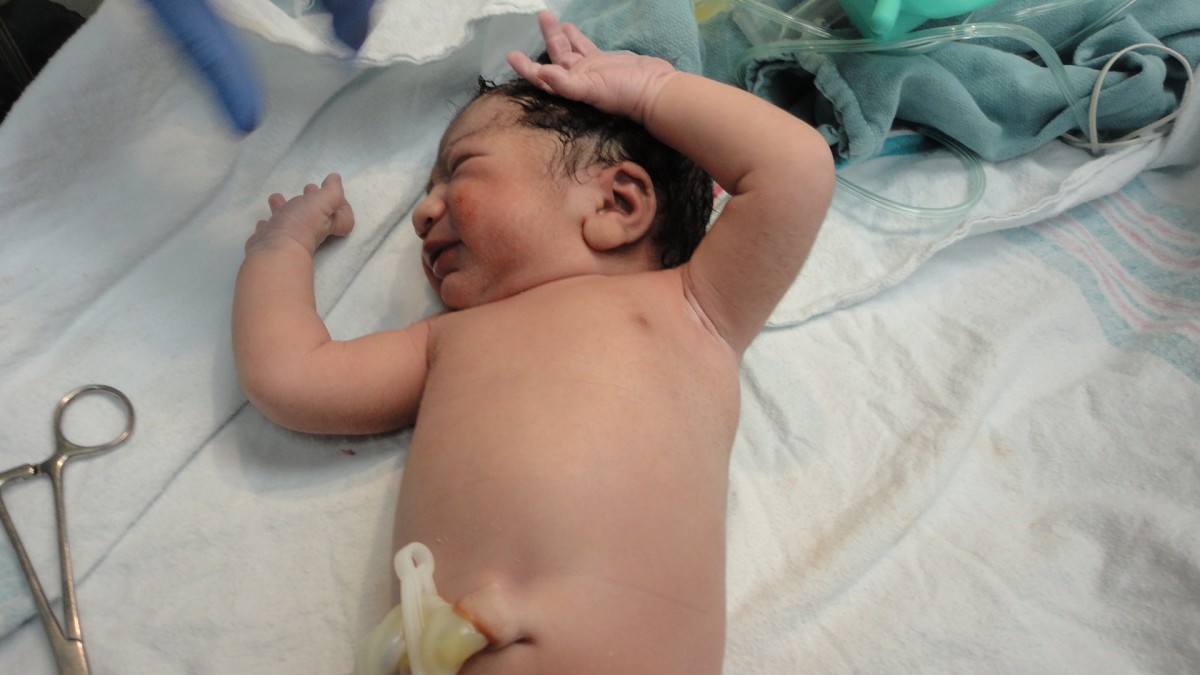Aggregated News

Sperm donation offers a tidy solution to an aggravating problem: When a person or a couple wants a baby and needs a different ingredient than what they’ve currently got to make one, a man with viable sperm swoops in to help.
The process can look like a seamless way to create a family, and for many, it is. That’s a big reason why it has gained so much popularity in the past half century, a period when it’s gone from being a niche practice to being responsible for tens of thousands of births. In 2010, the most recent year for which good data is available, some 30,000 to 60,000 babies born in the United States were conceived through sperm donation, out of approximately 4 million American babies born that year.
As simple a transaction as sperm donation can seem to be, though, some find it to be stressful or isolating—and because assisted reproductive technology is a relatively new, rapidly developing field, the social and emotional challenges that can arise between the participants in a sperm donation are, for many, uncharted...



